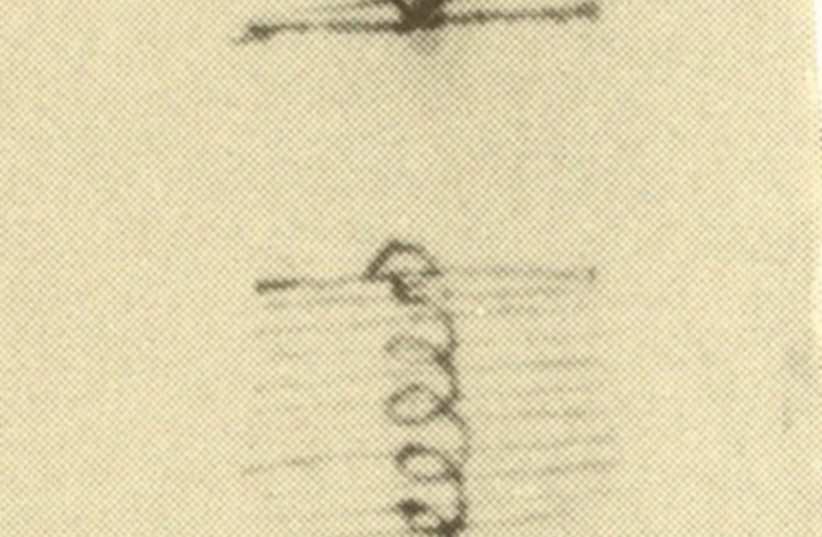Leonardo da Vinci's bubble paradox popped - study
Until recently, even modern scientists and mathematicians were at an impasse trying to quantitatively describe the upward movement of bubbles.
Leonardo da Vinci observed five hundred years ago that air bubbles of a large enough size, do not rise to the surface of a liquid in a straight line. Rather, he declared, they travel in a periodic zig-zag or spiral motion.
Anyone who has opened a soda bottle could find that out. What neither da Vinci nor soda drinkers could find out is why the bubbles move so erratically.
And until recently, even modern scientists and mathematicians were at an impasse trying to quantitatively describe this movement.
What's up with bubbles?
Researchers University of California Berkeley published their peer-reviewed findings on Tuesday in the journal PNAS, announcing that they had derived a quantitative model for a bubble's upward movement to a high degree of precision.

"While it was previously believed that the bubble’s wake becomes unstable," wrote study authors, "we now demonstrate a new mechanism, based on the interplay between flow and bubble deformation."
Researchers also pointed out that their findings could be useful in understanding the motion of particles that behave neither like a liquid nor a gas.
The study proposes a mechanism for the instability of the bubble's trajectory wherein the periodic tilting of the bubble itself changes its very shape - the curvature of its sphere. This in turn affects the upward velocity and results in the wobbly path we have grown accustomed to seeing in our everyday lives.
The Rise of Bubbles
About five centuries ago, Leonardo da Vinci described the sinuous motion of gas bubbles rising in water.


No comments:
Post a Comment
Stick to the subject, NO religion, or Party politics